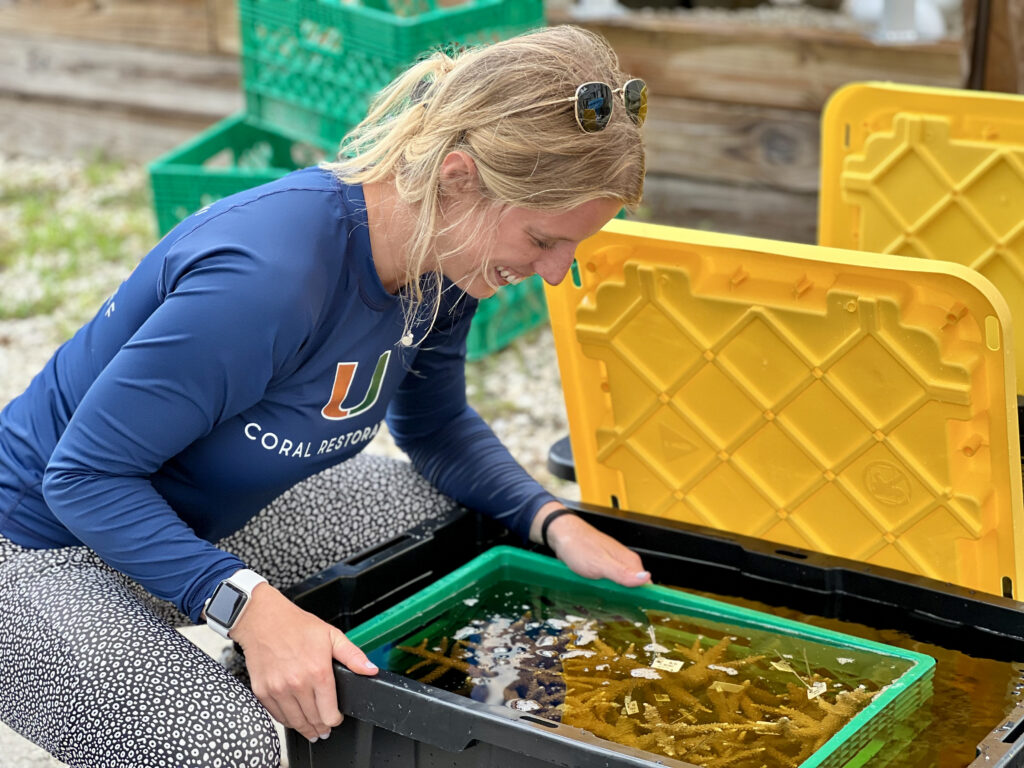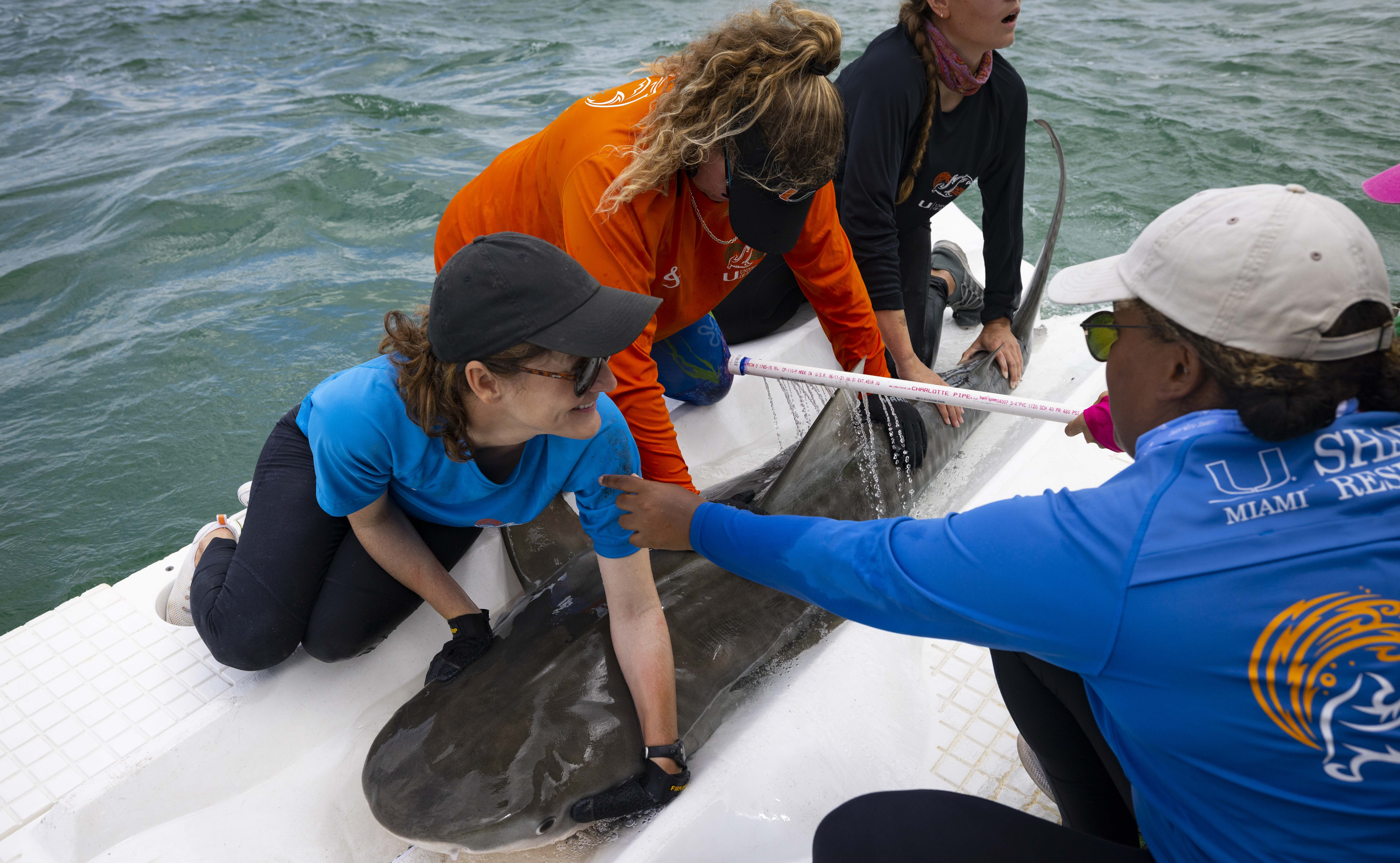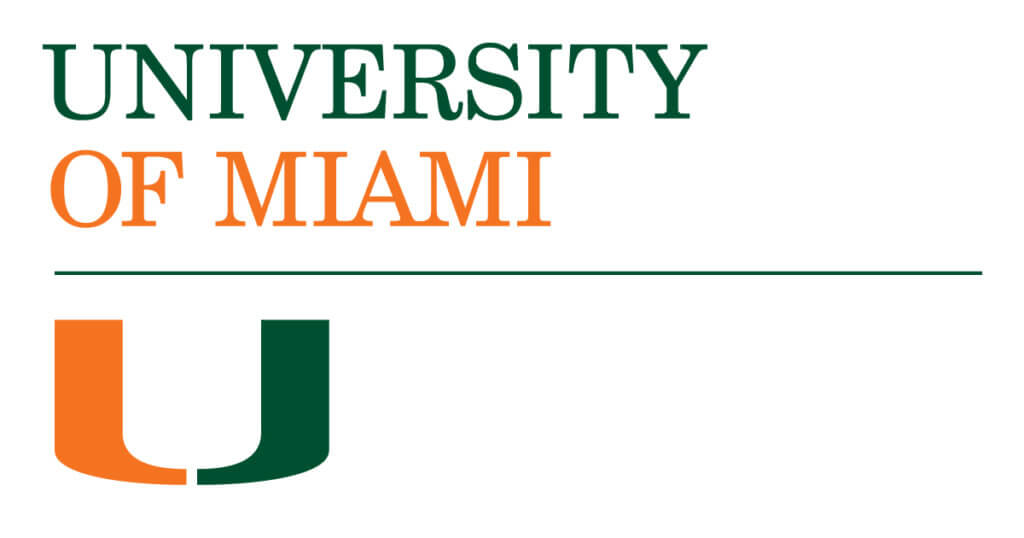There’s big demand for science experts with the know-how to create a more sustainable future. According to the U.S. Bureau of Labor Statistics, employment in environmental science and related fields is projected to grow 8% from 2020 to 2030, faster than the average for all occupations. This growth is driven by the need for professionals who can address pressing environmental challenges and improve the management of natural and cultural resources.
Thankfully, the University of Miami’s Rosenstiel School of Marine, Atmospheric, and Earth Science is home to a Master of Professional Science (MPS) programme designed to meet this demand.
Its beginnings date back to 1997 when the Alfred P. Sloan Foundation aimed to fill the gap between traditional research-based graduate education and the interdisciplinary training required by new and emerging industries. Dr. Rita Colwell, former director of the National Science Foundation, sums it up best, stating the programme helps students “become scientists uniquely suited to the 21st-century workplace.”
Relevance aside, here are four other reasons why pursuing this degree could be the best decision you make for your future.
All you need is 12 to 15 months
Unlike traditional master’s programmes that often take two years or more, the MPS can be completed in just 12 to 15 months. This swift timeline is designed for maximum efficiency without compromising the depth and quality of education.
The programme requires you to earn 30 credits, including at least 24 graduate-level class credits typically completed within the first two semesters. It also accommodates different enrollment statuses, whether full-time or part-time. Regardless, expect to graduate ready to achieve your dream leadership position or doctoral success.
Your degree, your way
Unlike traditional PhD or MS degrees, the MPS includes the same rigorous coursework without the requirement of a thesis. The best part? It is just as customisable as flexible, allowing you to choose from 14 diverse professional tracks within five departments.
Whether you are passionate about Applied Remote Sensing, exploring the future of Aquaculture, or intrigued by Broadcast Meteorology, there is a track that fits your interests. Other tracks include Climate and Society, Coastal Zone Management, Environmental Geology, Exploration Science, Fisheries Management and Conservation, Marine Conservation, Marine Mammal Science, Natural Hazards and Catastrophes, Tropical Marine Ecosystem Management, and Weather Forecasting.
The JD/MPS track integrates legal studies with marine and atmospheric sciences for those interested in a cross-disciplinary approach.

Source:University of Miami
You’ll learn from the best
Each MPS track is led by industry professionals who are leaders in their fields. For example, the Applied Remote Sensing track is led by Dr. Roland Romeiser, a world expert in ocean remote sensing by radar. Dr. John D. Stieglitz, who directs the Aquaculture Management track, combines his academic expertise with real-world experience, conducting sustainability research and consulting for marine aquaculture companies across the Americas.
Dr. Katharine Mach, leading the Climate and Society track, is a 2020 Piers Sellers Prize recipient and a key figure in major climate assessments, including the IPCC Sixth Assessment Report. And in the Marine Conservation track, Dr. Keene Haywood brings a blend of media production, conservation, and geospatial technology research. His work includes deep ocean archaeology projects and documentary production for National Geographic.
“They had some of the best stories, trade secrets, and fun facts not only about Rosenstiel School, but Miami in general,” shares graduate Jon Schneyer. “Spending time in the Wetlab with them made the community feel so tight-knit and special.”
It’s experiential
As an MPS student, expect to put theory into practice, expand your professional network and build essential career skills through the compulsory internship component. Following two semesters of intensive graduate coursework, this opportunity will serve as the capstone of your MPS journey.
While students find local opportunities in South Florida, the programme also encourages the pursuit of internships globally. For example, Ian Zander, a graduate of the Aquaculture Management track, interned at a commercial sablefish hatchery on a small island off the coast of British Columbia, Canada.
Such opportunities often lead to full-time roles — as proven by graduates like Michael McVay, whose internship was hosted by his current employer, Ducks Unlimited. Meanwhile, others go on to start companies of their own.
After graduating from the Coastal Zone Management track, Madeline Walker Millero founded a Detroit-based textile recycling company called NexTiles — she gained the competencies to do so as an intern at FABSCRAP, Inc. in Brooklyn, New York.
“I helped organise the company’s database, which included details on the quantity and type of waste, and avoided carbon calculations for more than 500 clients,” she says. “I thoroughly enjoyed spending over three months in a new city and learning the ins and outs of an innovative woman-owned company.”
Follow the Rosenstiel School of Marine, Atmospheric, and Earth Science on Facebook, Instagram, X, LinkedIn, and YouTube













